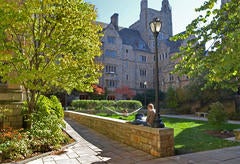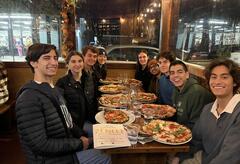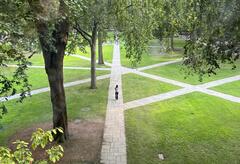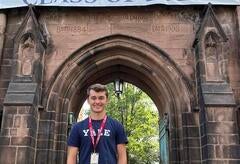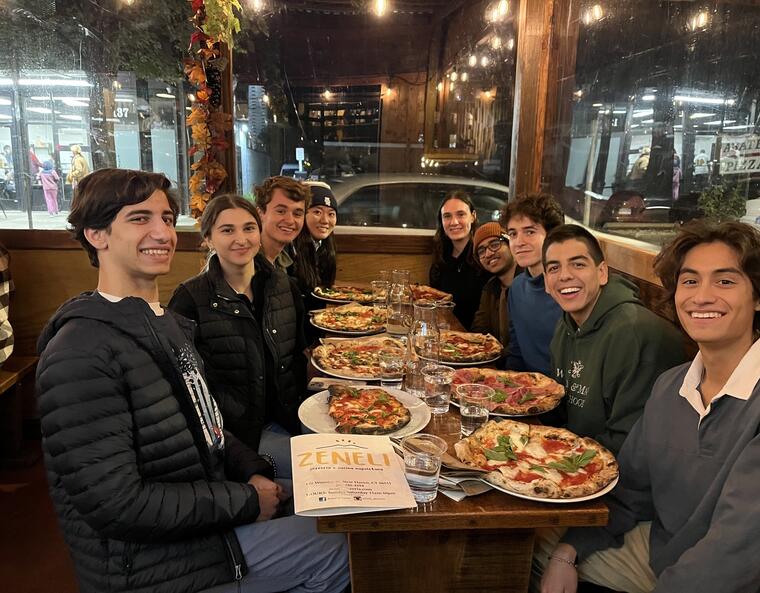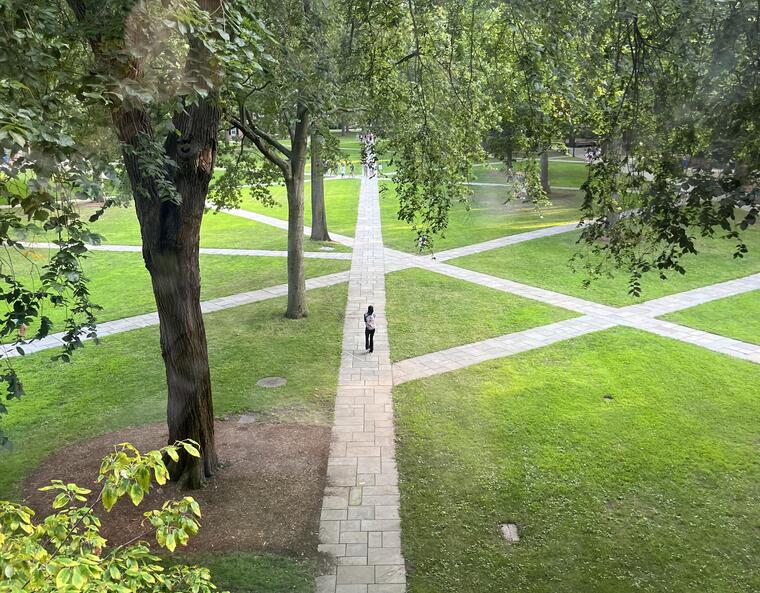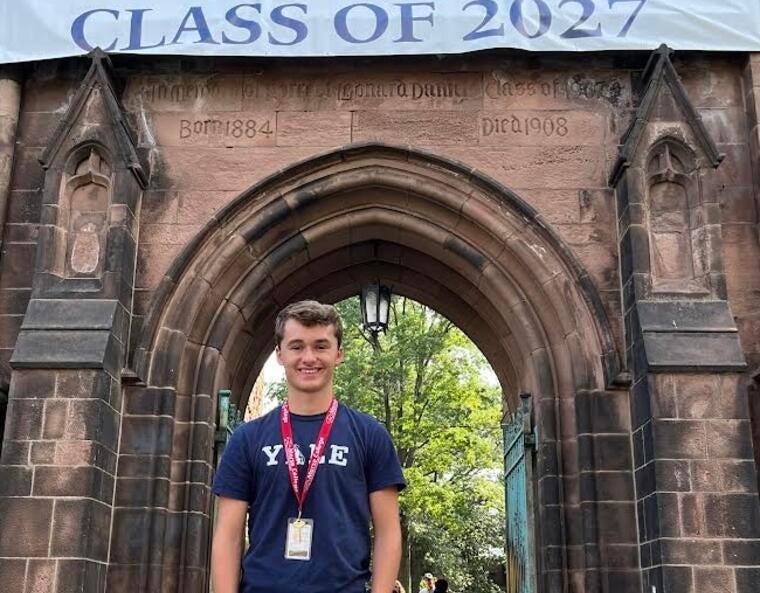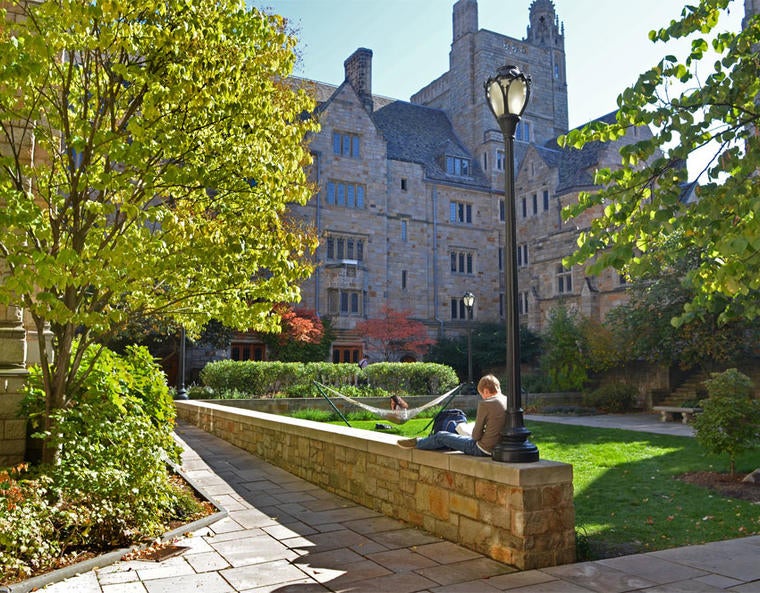
Initially, college has you missing the quotidian things of your home life. Your mattress, which the plastic and springy slab that is a dorm approximation can never approach no matter how many mattress toppers you buy. Showering without shoes, a crime in a communal suite or hall shower but presumably the norm in your home shower (free the toes!). The sound of your floorboards. The feel of your kitchen counters. The smell of your garage (just me? OK).
But something I didn’t even anticipate in the August move-in frenzy made itself apparent with a remarkable swiftness and ferocity once that time of the year rolled around: the holiday season. More specifically, the holiday season spent away, an interesting paradox for those couple of weeks whose music, traditions, and character channel a homey ethos. How do you manage?
My principal reflection has something to do with the nature of traditions themselves. We find comfort — an invaluable comfort, a comfort that no healthy or stable life can do without — in their familiarity, their banality, their reflexiveness. Traditions serve as a mnemonic catalyst: punch out those cookies with the same patina Santa cutter your 3-year-old fingers clutched; sing that same song you’ve caroled since you were a toddler; wrap that present with the same mediocre but sufficient technique you taught yourself in middle school. And to have this retrospective effect, traditions are inherently restrictive. That’s not necessarily a bad thing.
But when you’re thrown onto a campus as culturally and religiously diverse as Yale’s, one in which even people of the same faith tradition as you observe and celebrate idiosyncratically, holidays are expansive events. Out with the tacit and in with the explanatory. “Tell me how and why you celebrate this way, and I’ll tell you the same.”
As a Catholic, I celebrated most of Advent with my Catholic friends. We went to Yale’s St. Thomas More Chapel and attached Golden Center to make an Advent wreath with fresh pine needles. One friend explained that she and her family weaved their own fresh Advent wreath every year, a concept foreign to me and my other friends who were accustomed to the same plastic wreath of years past.
We celebrated the Feast of the Immaculate Conception and had a dinner buffet afterwards with entrees from around the world. Some friends and I reflected on the different ways we each observed holy days of obligation during our childhoods.
We went to the Golden Center to study and drink excessive amounts of free coffee during reading and finals weeks. When we sought spiritual respite, we each shared our preferred prayers for calm and internal peace.
We lit our Advent calendars each Sunday night after busy weeks, sometimes with non-Catholic friends so we could share our religious lives in practice. And our non-Catholic friends likewise shared their religious and cultural traditions with us, from menorah lightings to family holiday cookie recipes.
In other words, there exists a modicum of peace in December at Yale, which otherwise contains finals stress and the coffee breath of overtired and over-caffeinated students.
I think this religious exchange helped me develop a more platonic understanding of what “home” means. Learning about friends’ holiday traditions, which in many ways are proxies for their home lives, allowed me to better comprehend “home” as a feeling and a state, as some universal construct that looks different for every person and is served by different means but nevertheless has some universal comportment.
While I was away from my family and unable to do some of the things I’ve always associated with the holidays — from putting my shoes out on St. Nicholas’ Day to baking coffee cake with my mom — teaching people about my faith and upbringing was a sublime experience.
In short, a new tradition was made: sharing our old traditions with each other.
